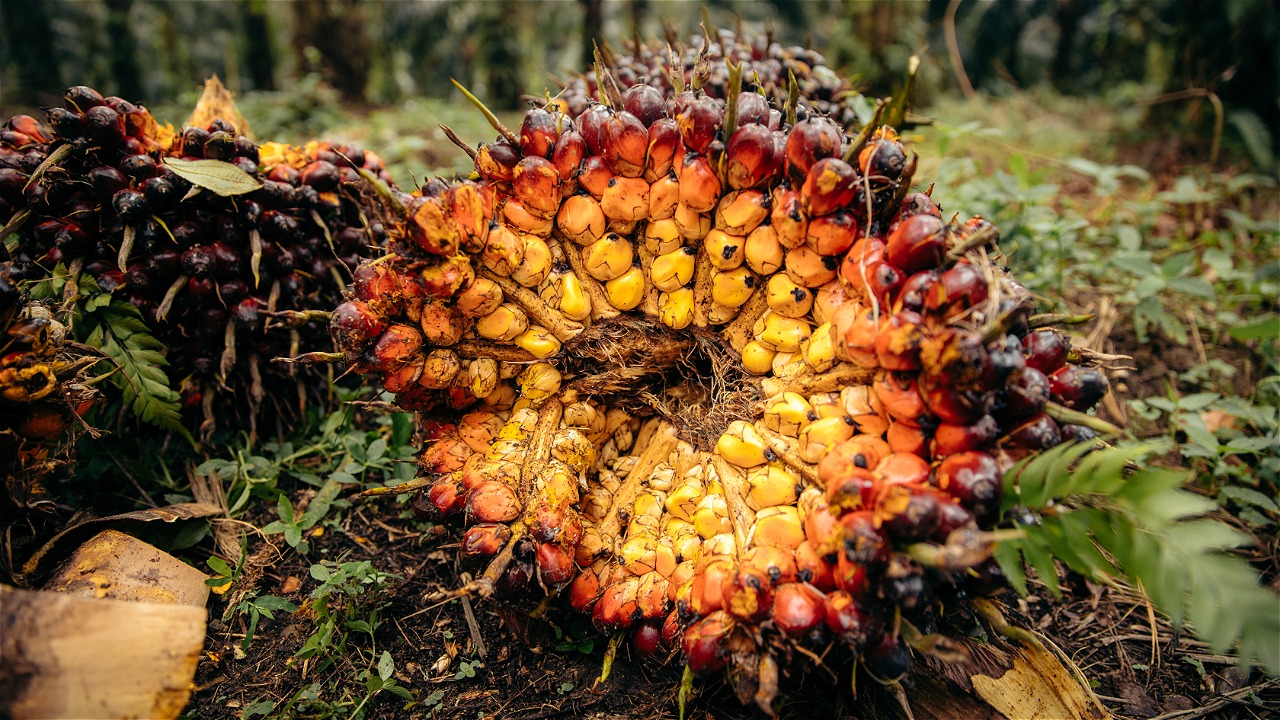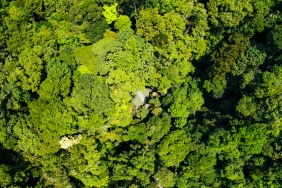GOVERNMENT TO SUPPORT POLICY PROMOTING LOW CARBON BIOFUELS
JAKARTA - On January 27, the United States government issued an Environmental Protection Agency (EPA) notification regarding the Renewable Fuel Standards (RFS), which essentially states that biofuels derived from Indonesian palm oil do not meet renewable energy standards. .
"WWF-Indonesia sees this as a challenge for the Government of Indonesia to issue policies that support the reduction of greenhouse gas (GHG) emissions from biofuels, considering that until now there is no standard that regulates emission reductions in biofuel or biodiesel products from Indonesia," said Nyoman Iswarayoga, WWF-Indonesia's Climate & Energy Director. .
Nyoman added that based on the provisions in the notification, the parameter used as a benchmark for whether or not biofuel/biodiesel from palm oil raw materials can enter the US is the level of GHG emissions. "If Indonesian palm oil is identified as meeting the specified emission standards, then the biofuel can still enter the US market," he added.
.The GHG emission reduction limit standard set by the EPA for Biodiesel and Renewable Diesel from palm oil feedstock, as contained in the provision, is a minimum of 20%. The current EPA analysis results for Indonesian palm oil entering the US market are still below the standard of 17% for Biodiesel and 11% for Renewable Diesel.
The main objective of the policy to be implemented is to ensure that the goal of using biodiesel and renewable diesel to reduce emissions globally is achieved. While biodiesel and renewable diesel reduce emissions in their use, they also generate emissions from at least the risk of land clearing for oil palm plantations as well as the shipping of these commodities to their destination countries.
Not only the United States, the European Union has even since late 2008 issued regulations governing the use of biofuels in the European Union which requires a similar policy, that all palm oil products must also meet GHG emission standards.
"Greenhouse emission reduction standards for biofuels have been accommodated in the new Roundtable Sustainable Palm Oil (RSPO) draft principles and criteria guidelines. With the implementation of biofuel policies in the US and Europe that require GHG emission limit standards in palm oil biofuels, it is time for the RSPO to accelerate the finalization of the greenhouse gas emission reduction guidelines that are currently being prepared," said Irwan Gunawan, Deputy Director of Market Transformation of WWF-Indonesia. Through the guidelines, it is hoped that RSPO members can immediately get a reference in the production of biofuels that meet GHG emission reduction standards.
The scope of the new U.S. policy only regulates greenhouse gas emission limit standards from palm oil processed into biodiesel and renewable diesel. This means that other palm oil-derived products including foodstuffs, medicines and cosmetics can still be exported as usual.
Currently, Indonesia's exports to the US for biofuels are still small. In 2009, Indonesia's CPO/Crude Palm Oil exports to several countries including the US were only about 16% of total CPO exports worldwide. For CPO, Indonesia's highest exports were to India, China, Asia and the European Union.
##COMPLETED##
Note to editor:
Renewable Diesel is diesel fuel produced by chemical processing of vegetable oil, in the context of this notification cooking oil derived from palm oil.For more information, contact:
- Irwan Gunawan, Deputy Director of Market Transformation, WWF-Indonesia igunawan@wwf.or.id
- Nyoman Iswarayoga, Climate & Energy Director WWF-Indonesia, niswarayoga@wwf.or.id





